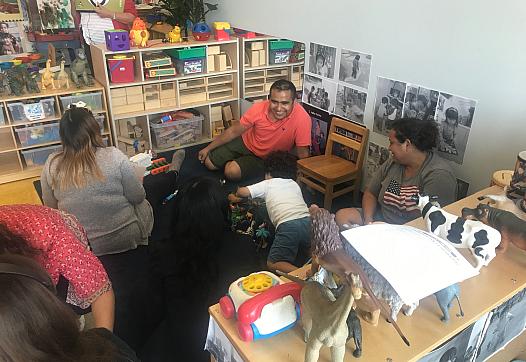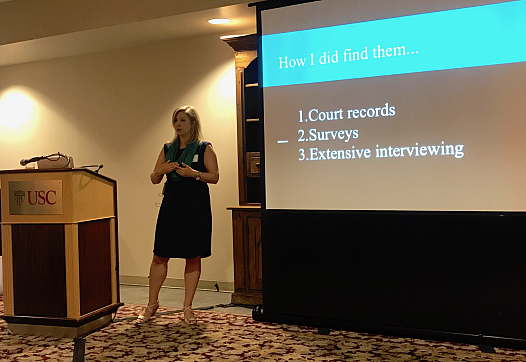
Research has shown that sex education results in fewer teen pregnancies, but in California's politically conservative San Joaquin Valley, there is a history of strong push-back against sex ed.

Research has shown that sex education results in fewer teen pregnancies, but in California's politically conservative San Joaquin Valley, there is a history of strong push-back against sex ed.

The Magnolia Place Community Initiative brings together more than 70 county, city and community services and organizations to make children's lives better.
![[Photo by Paul Sableman via Flickr.]](/sites/default/files/styles/teaser_list_thumbnail_large/public/title_images/unnamed_121.jpg?itok=8pYMiLdA)
While many policymakers still think of concentrated poverty as an issue afflicting the nation’s big urban centers, smaller cities are increasingly home to those Americans with the greatest needs and the least resources. Take East St. Louis, for example.

This article is the second of three looking at LGBT data collection and was written as part of a California Health Journalism Fellowship project with the University of Southern California-Annenberg Center for Health Care Journalism.

“I do think you should take the arguments in favor of work requirements seriously,” Vox's Dylan Scott advised. “But also, of course, look at them with a skeptical eye.”
![[Photo by Julian Tysoe via Flickr.]](/sites/default/files/styles/teaser_list_thumbnail_large/public/title_images/unnamed_118.jpg?itok=-SbUU9DF)
“Everyone agrees that housing is an important determinant of health, but that’s very hard to measure because it’s overly correlated with other aspects of poverty,” said Thomas Waters, a housing policy analyst in New York City.

“In my newsroom, reporters are encouraged to have obsessions rather than beats,” Cary Aspinwall told fellows at the 2017 National Fellowship this week. “And my obsession is women in jail.”
![[Photo by Kevin Beaty via Flickr.]](/sites/default/files/styles/teaser_list_thumbnail_large/public/title_images/unnamed_116.jpg?itok=en6MWj5l)
Many immigrants are now afraid to leave their homes for work or school for fear of being arrested and deported. This climate of fear has made children in these familes newly vulnerable to what psychologists call "toxic stress."
![[Photo by OccupyRenoMediaCommittee via Flickr.]](/sites/default/files/styles/teaser_list_thumbnail_large/public/title_images/unnamed_114.jpg?itok=XQCtUkDs)
Kentucky’s juvenile justice system has long been one of the most prolific in locking up youth on minor offenses and a recent reform has lessened — but not eliminated — the problem.
![[Photo: David McNew/Getty Images]](/sites/default/files/styles/teaser_list_thumbnail_large/public/title_images/unnamed_100.jpg?itok=-lhCUdKz)
Individuals like Loren Anthony, a fitness instructor from the Navajo Nation, are modeling healthy lifestyles and getting their friends and families involved. Grassroots organizations are starting group exercise sessions, basketball tournaments, traditional cooking classes and workshops.